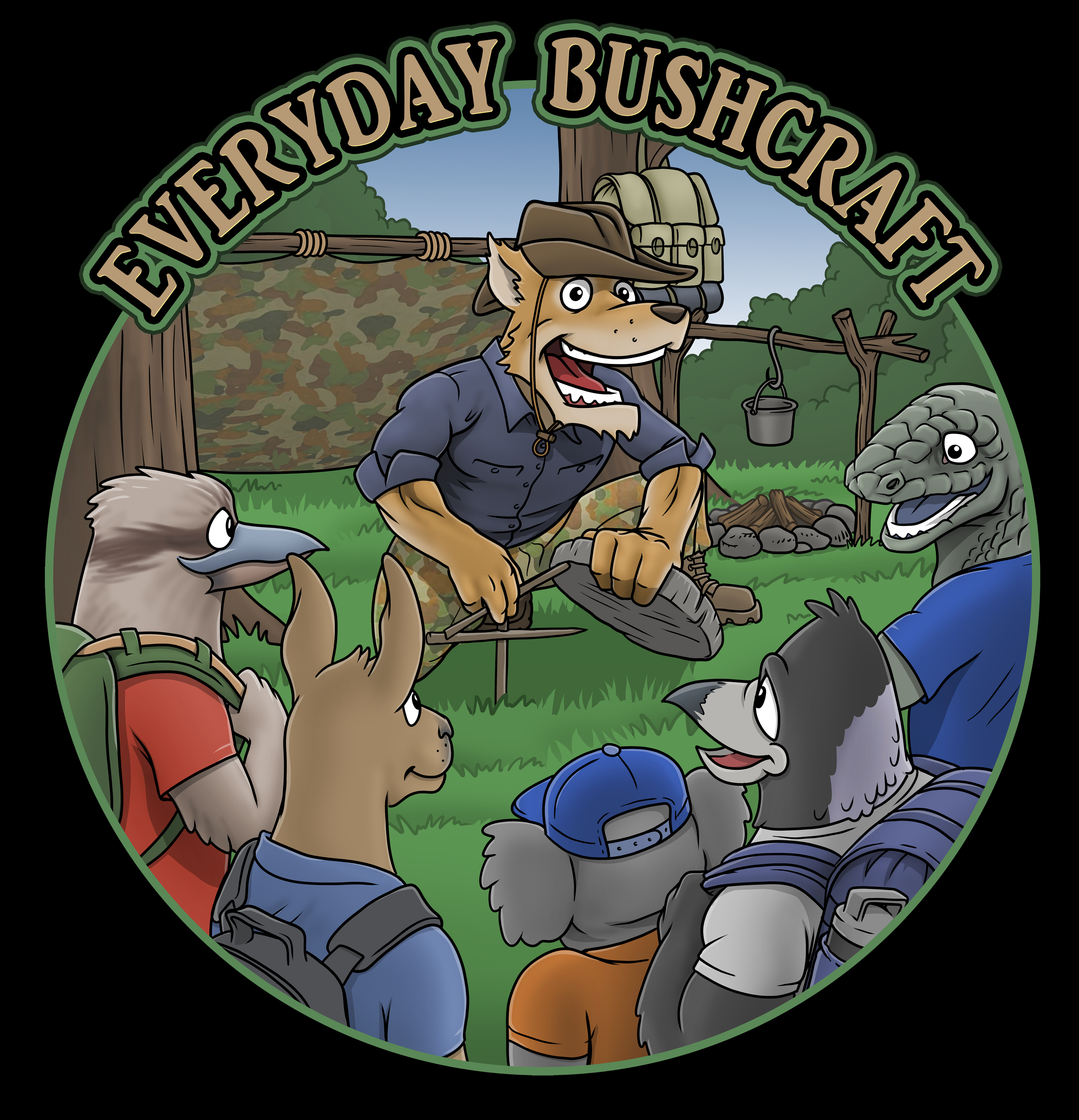
Skill No. 1: Self Aid
- gbucknell

- Apr 18
- 2 min read
Everyday Bushcraft Skill No. 1: Self Aid – The First Skill of Survival and Sanity
When people hear the term self aid, their minds often jump straight to physical first aid—bandaging a wound, splinting a limb, applying a snakebite bandage just right. And yes, those are vital skills in bushcraft. But the truth is, self aid goes far deeper. It’s not just about treating injuries. It’s about how we hold ourselves together when everything around us feels like it’s falling apart.
Self aid is the foundation of survival—both in the wilderness and in everyday life.
Physical Self Aid: The Basics That Keep You Alive
In a survival situation, the first person responsible for your safety is you. That means knowing how to stop bleeding, reduce swelling, immobilise an injury, and treat shock. It means having the presence of mind to assess your body, your gear, and your situation—fast, but not in a panic.
These physical skills are important. They buy you time. They give you options. But they only work if your mind is clear enough to use them.
Mental Self Aid: Calm is a Survival Tool
This is where self aid really comes into its own. Because the number one killer in many survival situations isn’t the cold, or the heat, or even injury—it’s panic.
The ability to slow your breathing, check your emotions, and think clearly under pressure is just as important as any bandage or splint. When you’re lost, injured, or in danger, making a decision in haste—based on fear, frustration, or ego—can lead you further into trouble.
Self aid means taking a pause. Noticing your surroundings. Asking the right questions:
What’s the real risk here?
What do I know for sure?
What are my next three steps?
It means grounding yourself in the moment, not spiralling into “what ifs.”
Emotional Self Aid: Carrying Yourself with Compassion
Outside of the wilderness, self aid is just as essential. When life knocks us sideways—grief, job loss, relationship breakdowns—we often go into survival mode. But here’s the thing: surviving emotionally takes more than just pushing through.
It means checking in with yourself. Resting when you need to. Setting boundaries. Reaching out for support. Being kind to yourself when you don’t have all the answers.
And just like in the bush, the wrong decision made in emotional haste—quitting the wrong thing, saying the wrong words, or isolating yourself—can make things worse. But with calm, with patience, and with clarity, you can get through.
Self Aid for Others
Another truth about self aid? When you know how to look after yourself, you’re better equipped to help others. Your calm becomes contagious. Your steadiness gives others permission to breathe, to regroup, to face the moment with strength.
Whether you’re leading a group through a tough track or supporting a friend through a tough time, your self aid toolkit matters.
**Self aid is not a luxury.









Comments